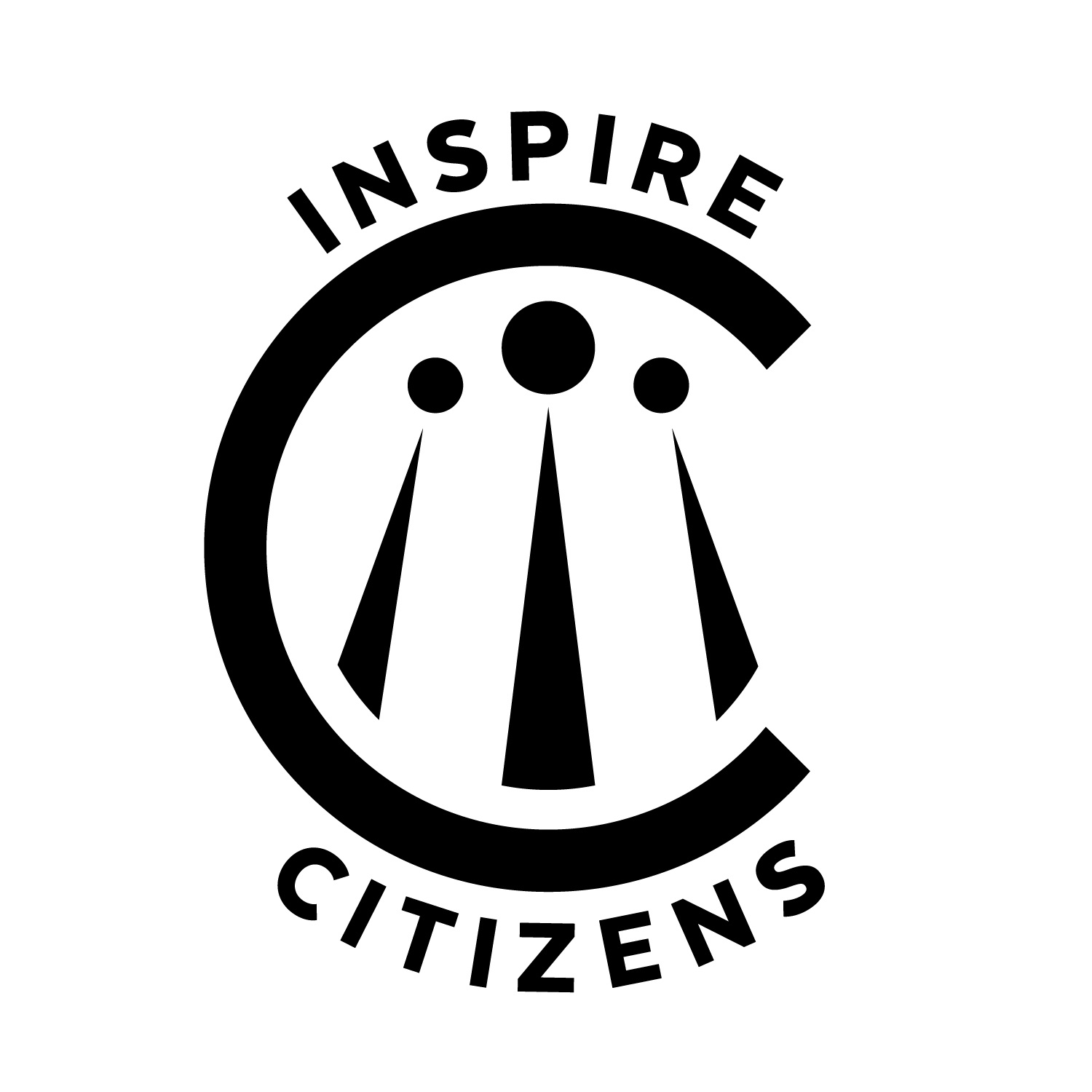From Empathy to Impact: How Inspire Citizens Helped Shape Lasting Change at International College Beirut
As part of a well-coordinated approach to authentic service learning and enhanced civic engagement, the leadership embraced the Empathy to Impact (E2I) framework of Inspire Citizens.
When International College (IC) in Beirut first partnered with Inspire Citizens several years ago, they were looking for ways to deepen teachers' approach to service learning and student-led civic engagement. The collaboration with Inspire Citizens introduced a new layer of methodology that complemented and enhanced their existing work, offering a fresh perspective and additional structure to their ongoing initiatives.
At the heart of International College’s work is the Ali Ghandour Center for Leadership, Diversity, and Civic Engagement (AGC), led by Rindala Abdel Baki, with support from assistant head of the Center Shalimar Sinno. The mission of the center is to cultivate global citizens and change makers who understand their "why"—their passion and purpose—and then channel it into meaningful action. Looking back, Rindala and Shalimar reflect on how the Inspire Citizens’ Empathy to Impact (E2I) Framework provided clarity, structure, and a shared language that has continued to shape their school’s approach.
A Culture of Service and Citizenship
Even before working with Inspire Citizens, International College had long embedded service learning within the subject matter to empower learners to become global citizen leaders. But something changed when the Empathy to Impact (E2I) framework was introduced.
“I think the Inspire Citizens' model deeply resonated with us because it provided a clear, structured way to guide students through the process of civic engagement, while aligning with our core values of empathy and responsibility,” Rindala explains.
The framework strengthened students’ community needs assessments skills and connections with local organizations. It also supported the students' established practice of self-reflection, helping them uncover what issues mattered most to them and deepening their sense of purpose and agency.
“We ask students: What is your why? What is your passion? Why are you doing this?” Rindala says. This process ensures that their projects are not just assignments but deeply personal initiatives.
One striking example is the story of a student who created a theater therapy program on sexual harassment for girls at a public school. Drawing from her own experience, she used performance and storytelling to help young girls find their voice and understand that they had the right to say no.
The Tahaddathi theatre project exemplifies AGC’s approach to let student passions drive their learning and sharing. Beginning with the auditions, seen in this image, the level of engagement remained consistently high.
“This project wasn’t just about helping others,” Rindala shares. “It was also an important part of her journey to heal from her wounds.”
Broadening Access: The Power of Scholarship and Mentorship
One of the most profound impacts of AGC’s work has been opening IC’s doors to students from public schools through a structured, merit- and need-based system, who work alongside a select group of IC peers in a three-year leadership and civic engagement program.
“We recruit high-achieving students from public schools, many of whom face economic and systemic barriers to quality education,” Rindala explains. “These students enter IC on full scholarships for three years, fully immersed in the AGC program.”
But the impact extends far beyond the individual. “They graduate different people—more confident, more empowered. Their growth influences not just them, but their families, their villages, their communities,” Rindala says.
And the results speak for themselves. AGC scholarship students have gone on to top universities, including MIT and Princeton, often on full scholarships.
To ensure the cycle of impact continues, AGC alumni have created a mentorship network, guiding current students and maintaining strong ties to the community.
“We support them, make sure they’re integrated, and help them flourish.” Rindala says.
Sharing the Impact: Supporting Lebanese Public Schools
Recognizing the disparities in Lebanon’s public education system, AGC saw an opportunity to extend its work beyond IC’s walls.
The sharing of the E2I framework with local public educators is one way that International College can amplify the positive outcomes of transformative educational opportunities.
“We felt a responsibility to share what we learned,” Shalimar explains. “So we adapted the Inspire Citizens’ framework, simplified it, translated it into Arabic, and brought it to 13 public schools across Lebanon.”
Public school educators and students received hands-on training in civic engagement and leadership, using the same Empathy to Impact model that had worked so well at International College.
“This isn’t about keeping knowledge to ourselves,” Rindala says. “It’s about making transformative education accessible to more students, no matter their background.”
Why Inspire Citizens? Flexibility, Responsiveness, and Deep Support
Reflecting on the collaboration, Rindala and Shalimar credit Inspire Citizens with being responsive and adaptable.
“They listened to our needs,” Rindala recalls. “They helped meld different methodologies that were important to us to create a model that fit our school and provided an abundance of resources.”
She recalls Ivy Yan’s calm, reflective approach, helping educators see the importance of self-awareness and sustainability in leadership. And she remembers Steve Sostak’s attentive listening and deep compassion, ensuring that the training was both rigorous and human-centered.
The Future: A Lasting Legacy
Today, IC/AGC continues to integrate Empathy to Impact into its broader school culture—reaching students as young as fourth grade, embedding civic engagement within its interdisciplinary coursework, and refining leadership training based on UNICEF’s Positive Leadership Model.
“Our goal is to make the Ali Ghandour Center a hub for civic engagement in Lebanon,” Rindala says. “A place where we can share experiences and best practices.”
And at the core of it all remains the belief that education is not just about academic success—it’s about shaping young people who will transform their communities.
View this impactful student-made video about the Tahaddathi project here:



